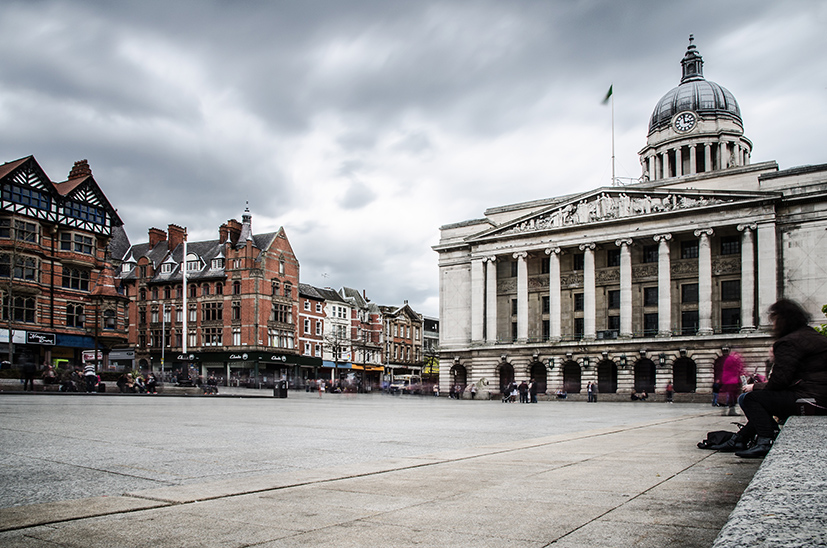The average person in the East Midlands has missed out on £6,840 in disposable income when compared with predictions based on 2010 trends, according to new analysis published by Centre for Cities in Cities Outlook 2024.
While jobs increased, weak productivity growth meant that growth of disposable incomes was underwhelming. Total disposable income per head in Mansfield since 2010 was £13,490 lower than it would have been if it had grown in line with 1998-2010 trends, while in Leicester and Nottingham the figures were £7,980 and £3,000 respectively.
Both Derby and Northampton bucked the national trend, with residents being better off than they would have been if incomes had grown at pre-2010 rates. But this was because of poor growth pre-2010, rather than a strong performance post 2010.
This national underperformance is reflected in every place in the country, in both places that have struggled with decline and departure of local industries and places with more dynamic local economies. At a national level, people have been left with £10,200 less to spend or save on average since 2010 than if the economy had grown at pre-2010 trends.
Looking at the data from every place reveals more about the stagnation of disposable incomes:
- Jobs boomed in most towns and cities after 2010, pulling more people into work. Overall, the East Midlands added 232,114 jobs since 2010. Derby and Mansfield had jobs growth of more than 15 per cent.
- But productivity growth – a key driver of wages – declined almost everywhere too. Productivity growth lagged pre-2010 performance in all cities in the East Midlands. Derby and Mansfield were less productive in 2021 than in 2010. Major places Northampton and Leicester struggled, hitting local incomes.
Other analysis shows:
- Housing costs have increased in most places. High housing costs have left the average person with even less income left over to spend or save at the end of the month. Housing became less affordable in every large city and town in the East Midlands.
- The nature and prevalence of poverty has changed. Rates of children in relative poverty have risen in every city and Derby and Leicester are now two of six places in the country where more than one in three children live in households in relative poverty – as recently as 2014, there were none nationwide.
Andrew Carter, Chief Executive of Centre for Cities, said: “Both the two main political parties have pledged to grow the economy and the general election debate will have growth at its heart. The challenge for the next Government is to go beyond the rhetoric and to do what’s needed to make this rhetoric a reality.
“The UK has had a torrid time since the Great Recession. Everywhere, up and down the country, including places that were doing relatively well before, has been levelled down because of the lack of growth. To get growth in every place, the next Government needs to act at a radically different pace and scale, and mark the beginning of a multi-decade policy programme.
“The first step in a realistic approach to grow the economy is to recognise that the British economy is an urban economy. Cities account for nine per cent of the land and over 60 per cent of the economy, as well as 72 per cent of high skilled jobs. Their slowdown is at the heart of why the national economy is struggling. There is no plausible way of achieving higher growth without increasing the innovation and dynamism of urban Britain.
“This means reforming the planning system to enable cities to grow, devolving more powers and financial freedoms to encourage our big cities to make decisions that support growth, and following the levelling up rhetoric with bold actions.”



